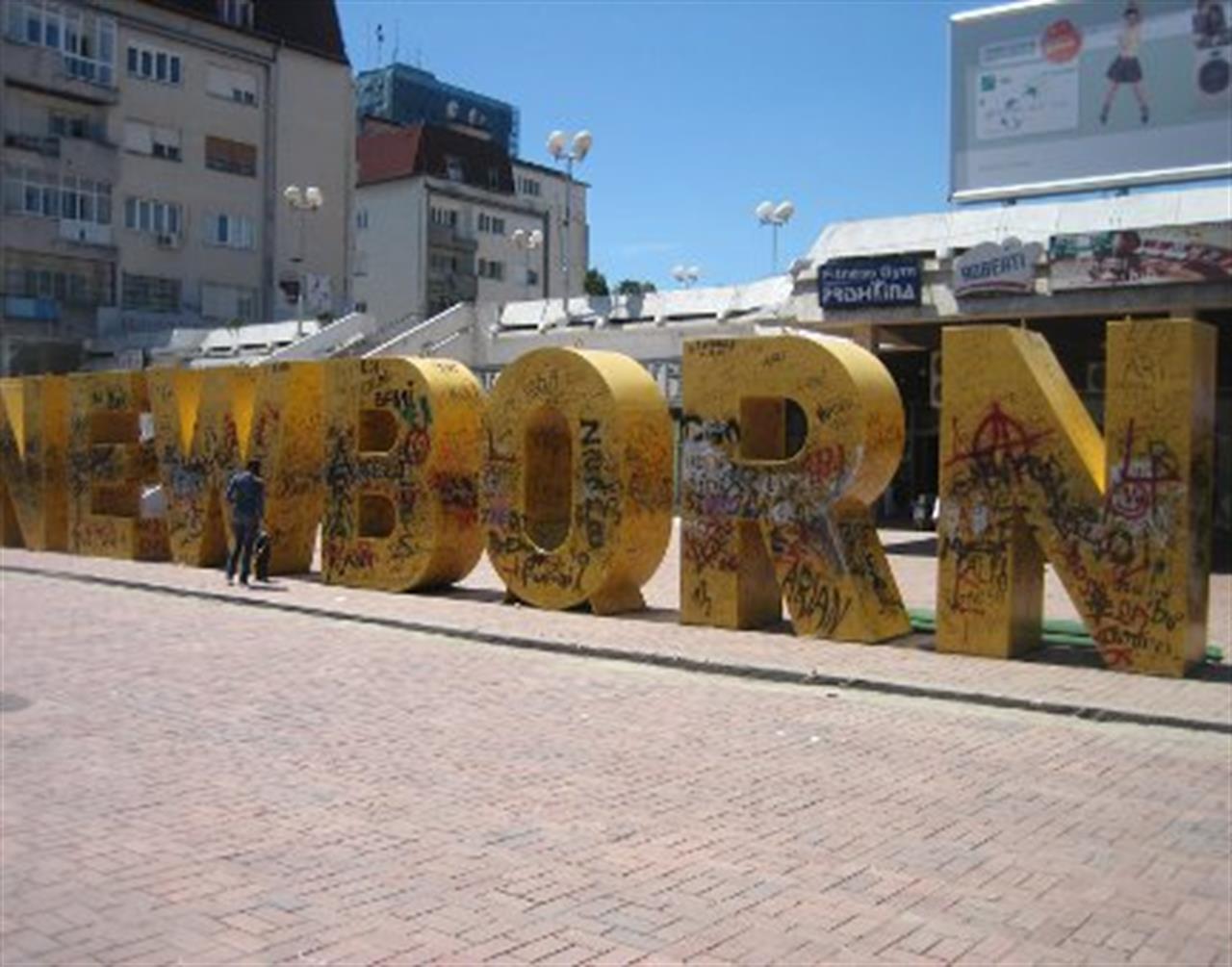During the last years, there was a long dispute whether Kosovo should be recognized or not. Subject of concern for some countries which have problems with their own territories, Kosovo has still five more states to persuade in the European Union: Spain, Cyprus, Greece, Romania and Slovakia. Even though many powerful states have recognized its independence, there are many things to be done and to be changed. Kosovo is always a subject of vivid interest.
History changes. Actually, it evolves and it is made by people. Not surprisingly, lot of things have changed since the unilateral declaration of independence. Due to an obvious Kosovar leadership and having on its part the United Nations' neutrality with respect to the final status, the Secretary General's Special Representative accepted the adoption of a constitution and the institutionalization of the statehood in this region. The recognition of Kosovo involves lots of problems in the European Union and beyond.
But why should the five European states recognize this new country? As a matter of fact, these states have themselves problems with some regions of their own (just remember Catalonia or the Cyprus problem), but analysts do not consider this as an obstacle. The decision is one of political relevance and not a technical one. Assisted by the EU to become a real state, Kosovo is taking little steps in its consolidation and modernization.
Kosovo has many problems, but we should not forget about the fact that it has declared its independence only 4 years ago. Every state dealed with international disagreement and intercommunal stalemate in its early years, but all problems were solved in time. This region has been subject of conflict between Serbs and Albanians for many years. Until now, the only viable solution which has been found was the independence of Kosovo.
During the first week of December a delegation of Kosovo came to Romania to discuss with the politicians about the problem of recognition. During a press conference, some of the members pointed that The most important things for a state are the A,B,C,D and E, which means Agenda, Budget, Capacity, Delivery and Evidence. Recognition of Kosovo is known to facilitate also the admission of Serbia in the European Union, which does not want security problems at its borders.
But why is Kosovo important for us, as young Europeans? Well, Kosovo has one of the youngest population in Europe, which means that there is a lot of potential, both social and educational. What can we do to help them?
Prejudices and stereotypes are the worst manner to show your misunderstanding of some topic. More information and involvement would make the young Europeans aware that, even though this state is young, inexperienced, if the people wants it, you have no right to stay in the path of their dream.
The realities from Kosovo cannot be ignored and they are also changing. Kosovo won't disappear if it is ignored, but it is for sure that its development will be in difficulty. This new state has a relatively high degree of authority and legitimacy over the majority of the territory and is mostly internationally recognized. It is clear for most Serbs that Kosovo cannot be reintegrated, so, thinking reasonably, the economical and social costs of this would be higher than the costs of recognizing this new state.
In my opinion, Kosovo, as a strategic region in Balkans, would enforce the European Union's influence here. Somehow, I am inclined to believe, that, talking politically, the final recognition of Kosovo would diminish the conflicts between the Balkan people, opening this region to a continual and European modernization.
Also, I think that, due to its autonomy recognized until 1989, Kosovo has a historical patrimony, including a cultural one, which entitles it to become a real state. Its nation is Kosovar and most of the people define themselves as such. Every country has its flows, problems, its minorities, but this does not make it disappear. Once appeared, it is very hard to get rid of it.
The amazing youngsters from Kosovo, with a high working and educational potential, can make us, the other European teenagers, understand the role of a conflict in personal development and in an emerging state and economy. The European involvement in region shows that there is high interest in making these youngsters feel like home in a united Europe.
By Ana-Maria Anghelescu, a member of the External Writing Team at ThinkYoung, the first think tank concerned with young Europeans. Ana-Maria, 19, is from Romania and is studying International Relations. Although ThinkYoung is her first experience of e-civic participation and journalism, she is eager to understand the way external policies are working and to work in diplomacy one day.
Cosa fa VITA?
Da 30 anni VITA è la testata di riferimento dell’innovazione sociale, dell’attivismo civico e del Terzo settore. Siamo un’impresa sociale senza scopo di lucro: raccontiamo storie, promuoviamo campagne, interpelliamo le imprese, la politica e le istituzioni per promuovere i valori dell’interesse generale e del bene comune. Se riusciamo a farlo è grazie a chi decide di sostenerci.

